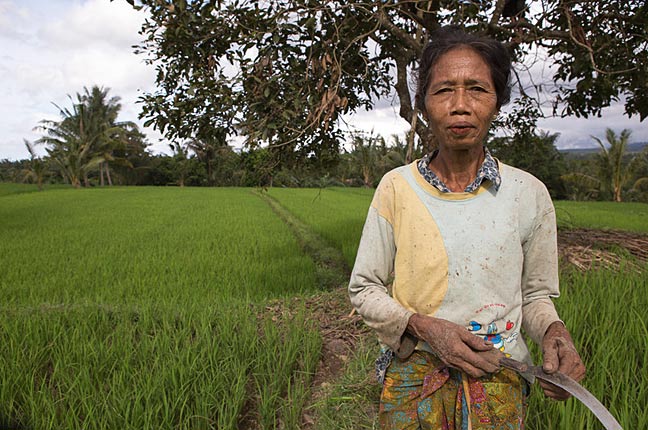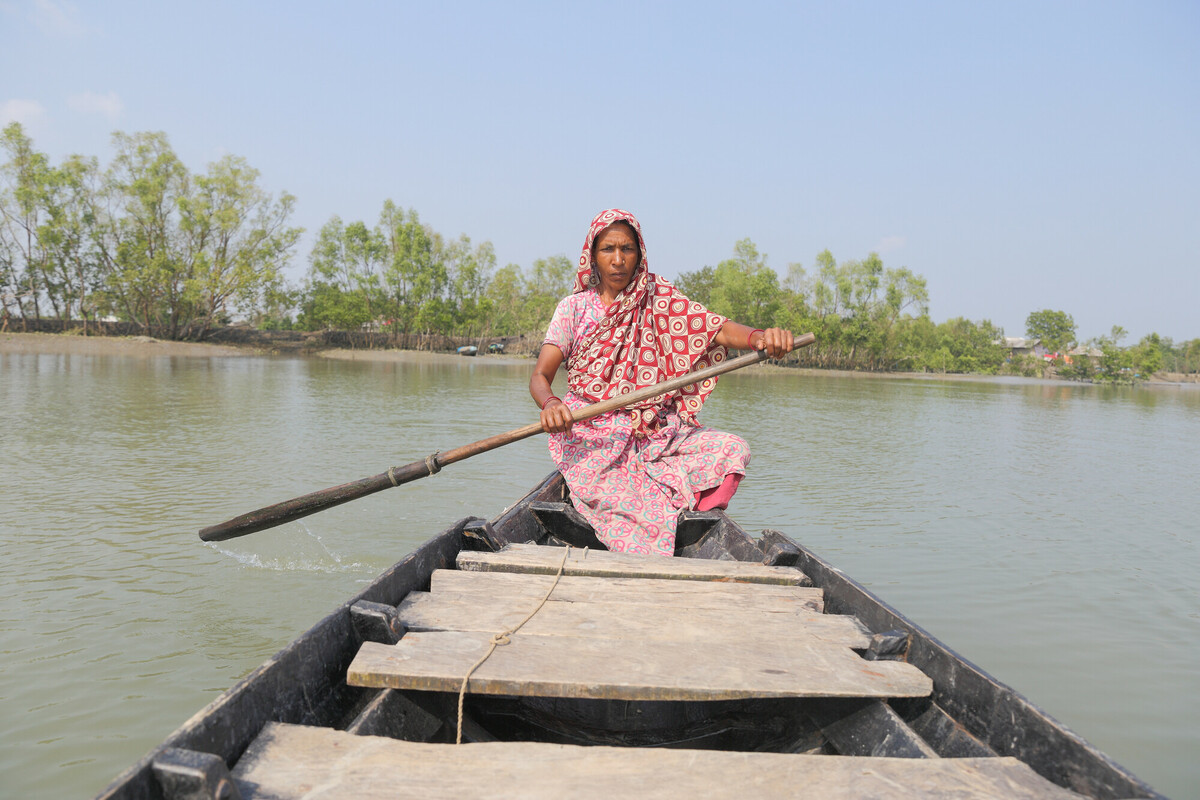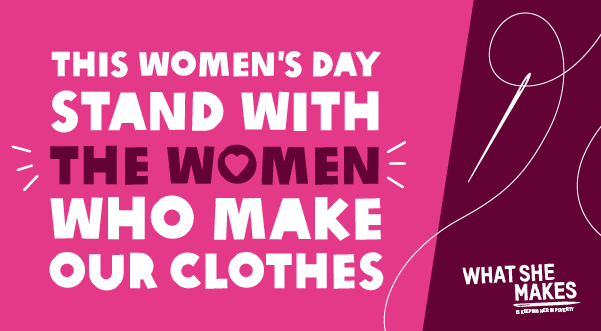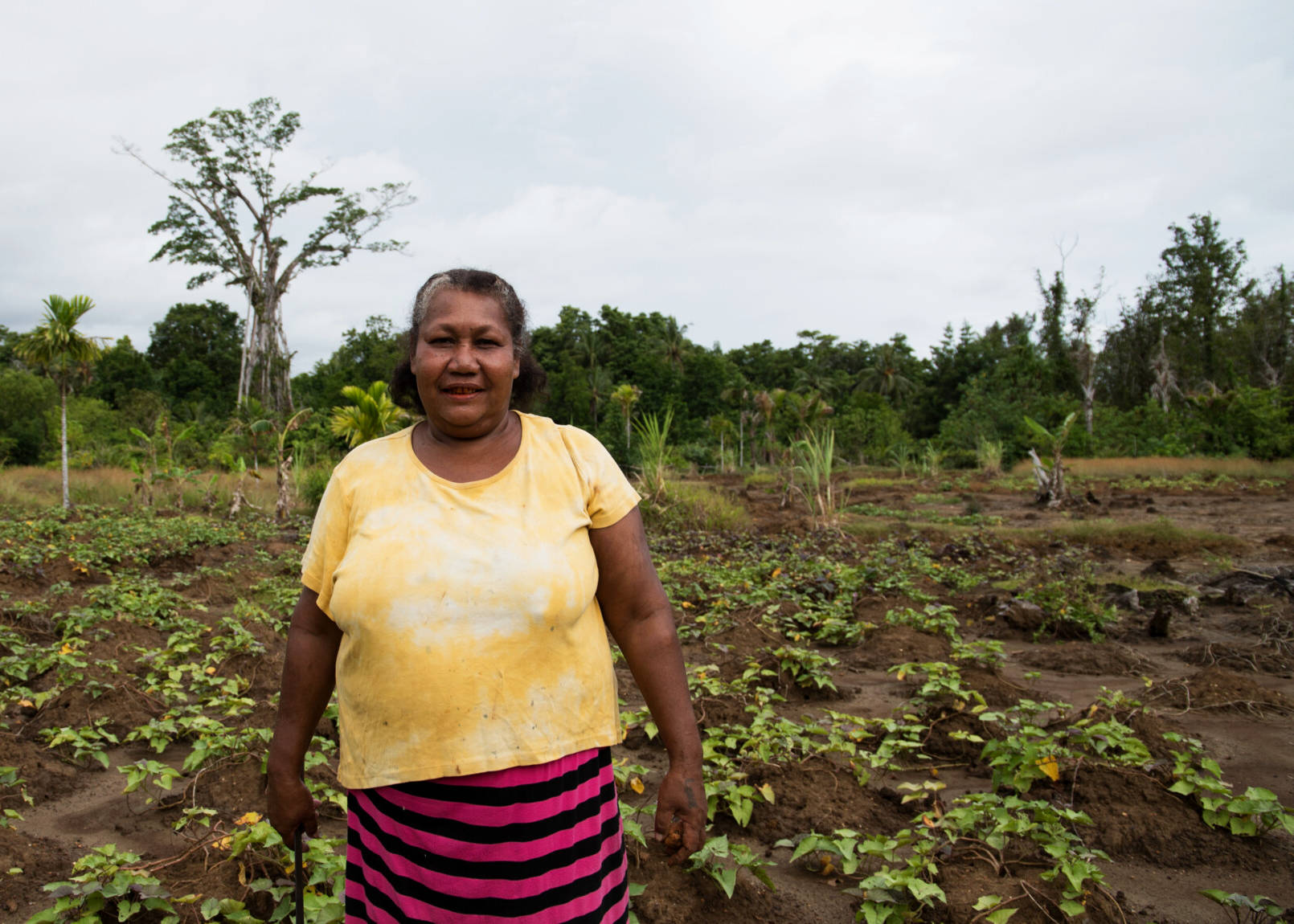By Christina Hill, Mining Advocacy Coordinator
Oxfam’s work shows that the impacts of mining are not gender neutral. Women often experience the negative impacts of mining more than men, and rarely receive the benefits that men do.
What do these gendered impacts look like in Indonesia? Do small ‘cowboy’ mining companies – which are dominant in Indonesia – have a different impact on women and men compared to the big multinational mining companies? And what is the impact of artisanal, small scale mining?
At a recent gender and mining research workshop Oxfam’s partners explored these questions and shared their perspectives on mining. We heard that mining degrades land, results in illegal logging and land clearing, pollutes waterways and increases peoples’ vulnerability to environmental disasters. People living near mines report various health problems.
While it was acknowledged that mining can provide employment opportunities and bring some economic development to an area, only a small number of people really benefit. Mining money is easy money – ‘easy come and easy go’ we heard. Of great concern to Oxfam partners are the opportunity costs of mining. Is the income from non-renewable mineral extraction greater than the income from many years of agricultural production on the same piece of land?
Mining has a masculine face, we heard, with women less likely than men to get jobs with the large mining companies. Despite this, women’s workloads increase in mining areas. For example, if the forest is destroyed women will have to walk further to find fuel for cooking. Also, because women are responsible for the care of children, if a child gets sick because of pollution from mining, it is women who must take care of the child.
Mining can also introduce prostitution and trafficking to an area, which brings security problems for women and children. Finally, we heard that mining eliminates women’s traditional roles as the managers of natural resources.
How can mining be more gender responsive? To begin mining must reduce its impacts on the environment. Women are food producers and if land and water is polluted this affects women directly. The different roles and responsibilities of women and men, and their different relationships with their environment must be considered. Women’s access to information, presence in public debates, and participation in decision making must be supported.
These issues and more will be explored further by Oxfam and our partners as part of the Indonesian Gender and Mining Project. The project will support partners to conduct research to better understand the gendered impacts of mining. The project will also facilitate dialogue with communities, local government and other decision makers to ensure that mining is gender responsive, and that mining contributes to women and men’s well being and to equality between them.




